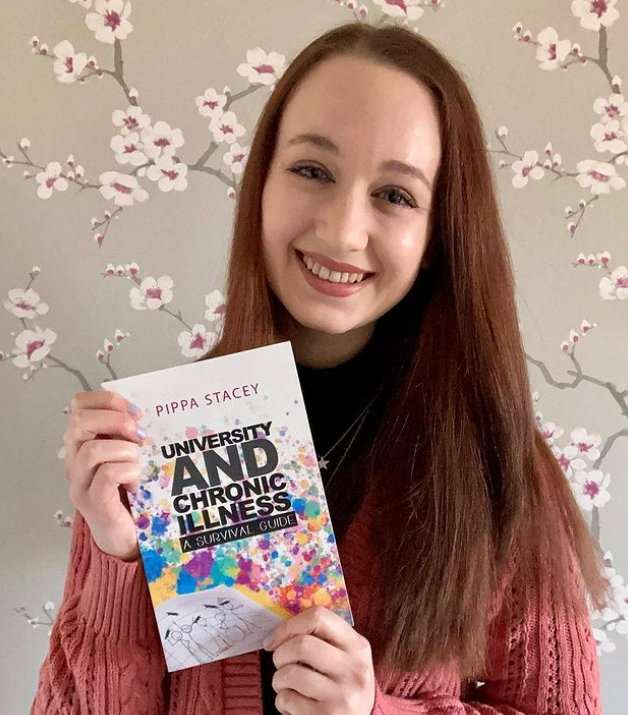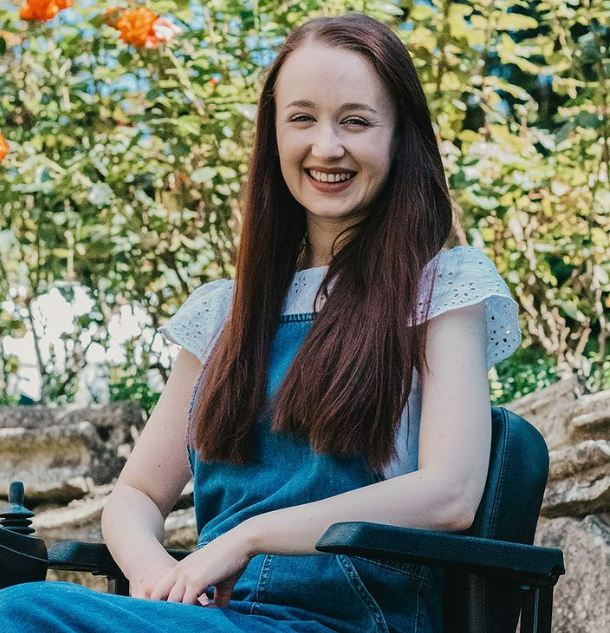5 Tips For Disabled Students Starting University
Starting university is an exciting time – it marks the beginning of freedom, independence, and studying the things that matter most to you. Disabled students deserve an incredible university experience, but this often means navigating some unique challenges along the way. Here are some tips to help you prepare for the start of your journey:
Write A Packing List In Advance
Even if you think you have your university packing list mentally stored in your head, write it down on paper. Write it down as early as possible, because you will most definitely think of things to add to it. Save The Student has a free online packing list which may be a useful template to start with, and don’t forget to note down any disability-specific items, adaptive aids, and equipment too. As you go about your life before the term begins, the most effective thing to do is to think about every item you use on a typical day and make sure it’s been added to your list. Your future self will thank you for it.
Request An Earlier Move In Day
If you’re living in student accommodation, you will usually be allocated a ‘move in day’ before term begins. However, if you’re a disabled student, you may find it helpful to begin moving in earlier than others. This may offer a quieter and calmer environment while you settle in or allow more time for you to pace yourself and manage your activity levels. Contact your accommodation provider to discuss your options, and bring a family member or friend with you to help move your stuff into your room - they could even stay overnight with you until other students begin to move in.
Contact Disability Services And Societies
Every university has dedicated disability and/or wellbeing support services in-house for students. If you applied for Disabled Students Allowance, you may have been connected with a disability support advisor already. If you haven’t, drop the department an email to introduce yourself. From there, they will likely arrange a meeting or phone call to discuss how they might support you and put together a bespoke learning plan. These services exist for people with all disabilities and chronic illnesses. Even if you’re undiagnosed or awaiting a diagnosis, the team can and will still work with you. Don’t feel afraid to reach out – you are entitled to support and adjustments that will enable you to have a brilliant student experience.
Connect With Other Disabled Students
The people who are best placed to share tips and advice about being a disabled student are definitely those with lived experiences. Many disabled students and graduates share their university experiences online through websites and social media, where you can read their stories and even follow their progress throughout their degree. Another helpful resource is University And Chronic Illness: A Survival Guide, a non-fiction book all about managing student life alongside long-term illness. You may also like to speak directly with other disabled students who are at your specific university or studying in the same department – if you’re struggling to find people online, disability services or societies may be able to facilitate this for you.

Get To Know Your New Environment
If you have access requirements, moving somewhere new can feel particularly daunting. Fortunately, AccessAble have created bespoke Access Guides for many universities. These cover everything from lecture halls and libraries to accommodation and bars, and you can easily search for them via app for complete convenience. You can even locate nearby parking facilities and accessible toilets. If you’re moving to a new town or city, AccessAble can also help you to identify accessible venues and activities in the area – ideal for planning for Fresher’s Week and other social occasions. You may find it helpful to have a browse ahead of the term to familiarise yourself with your new environment, and you can use it in real time and for last-minute plans too – ideal for student life!
Hope these tips are helpful, and here’s a wonderful university journey!
Pippa Stacey is a writer, speaker, and charity sector communication consultant from Yorkshire. She blogs about life with chronic illness at Life Of Pippa and on Instagram at @lifeofpippa and has a particular interest in inclusive education and employment. She was named Best Chronic Illness Blog at the 2019 Health Blog Awards, and her debut non-fiction book, University And Chronic Illness: A Survival Guide was published in 2020. In her free time, Pippa enjoys theatre and books, and can most often be found in novelty pajamas with a cup of tea in hand.

More from Pippa
Where Next?
Read More: AccessAble and Durham University re-launch Accessibility Guide
Read More: 5 Best Accessible Apps for Disabled People
